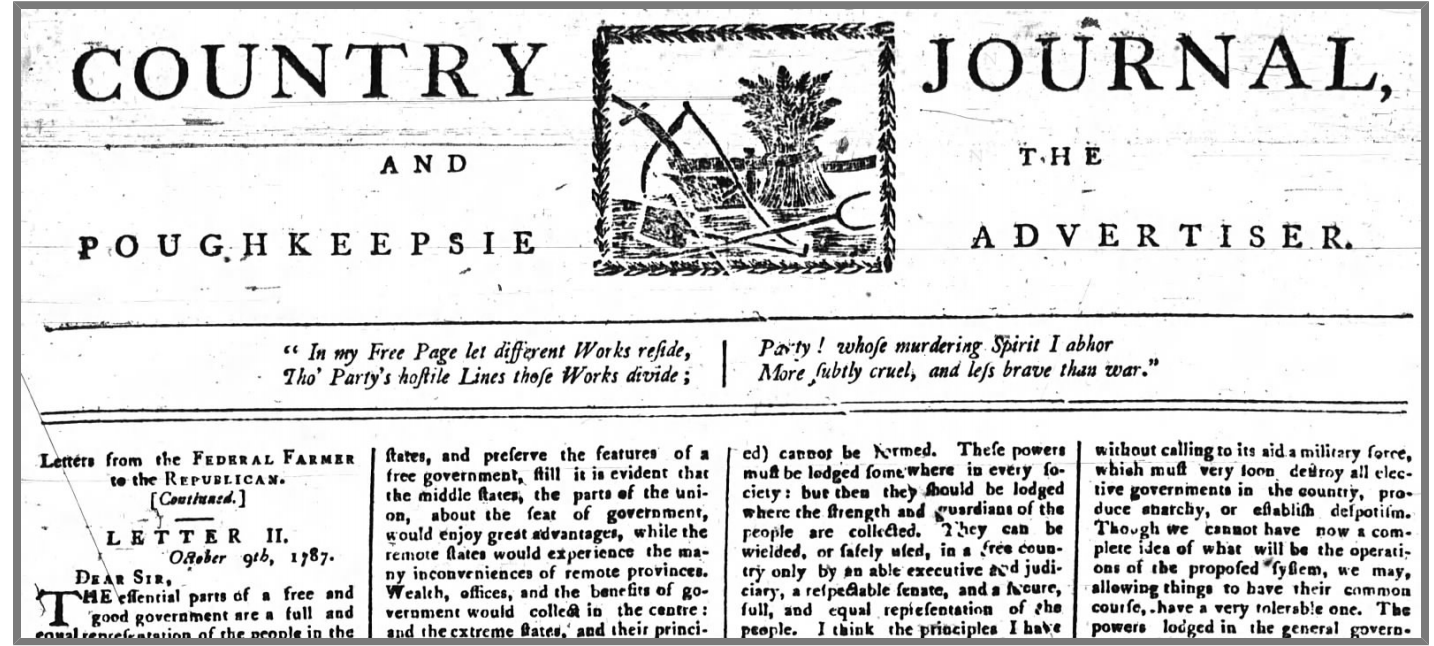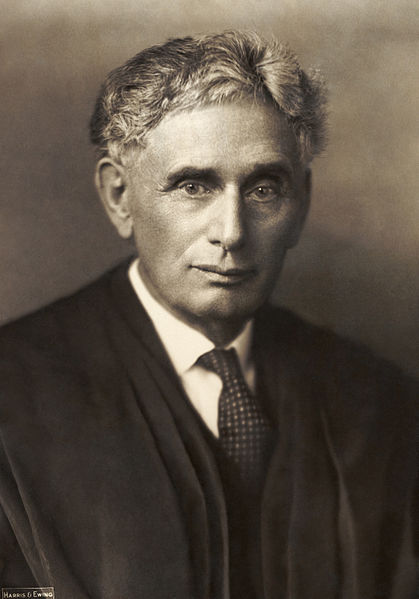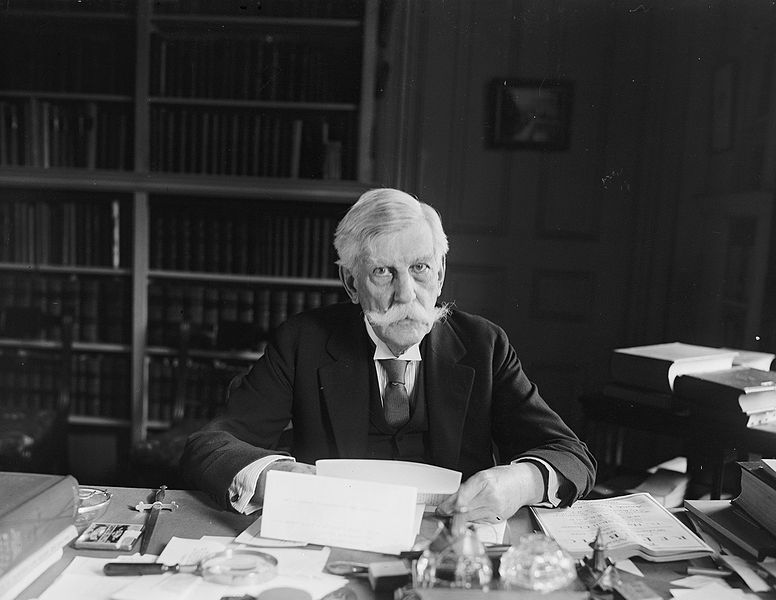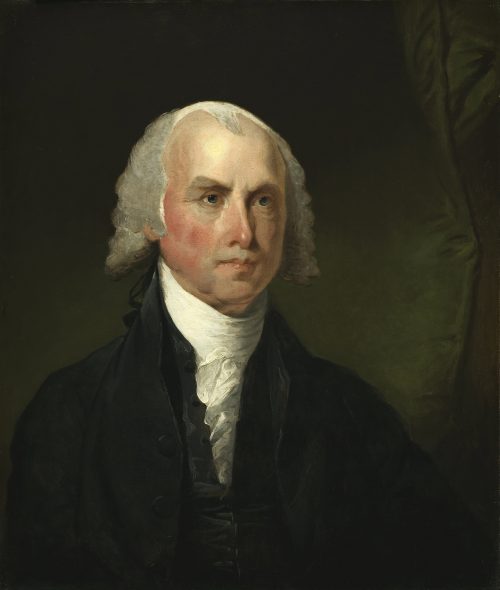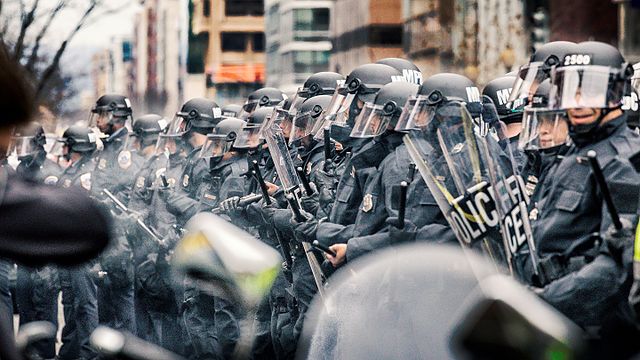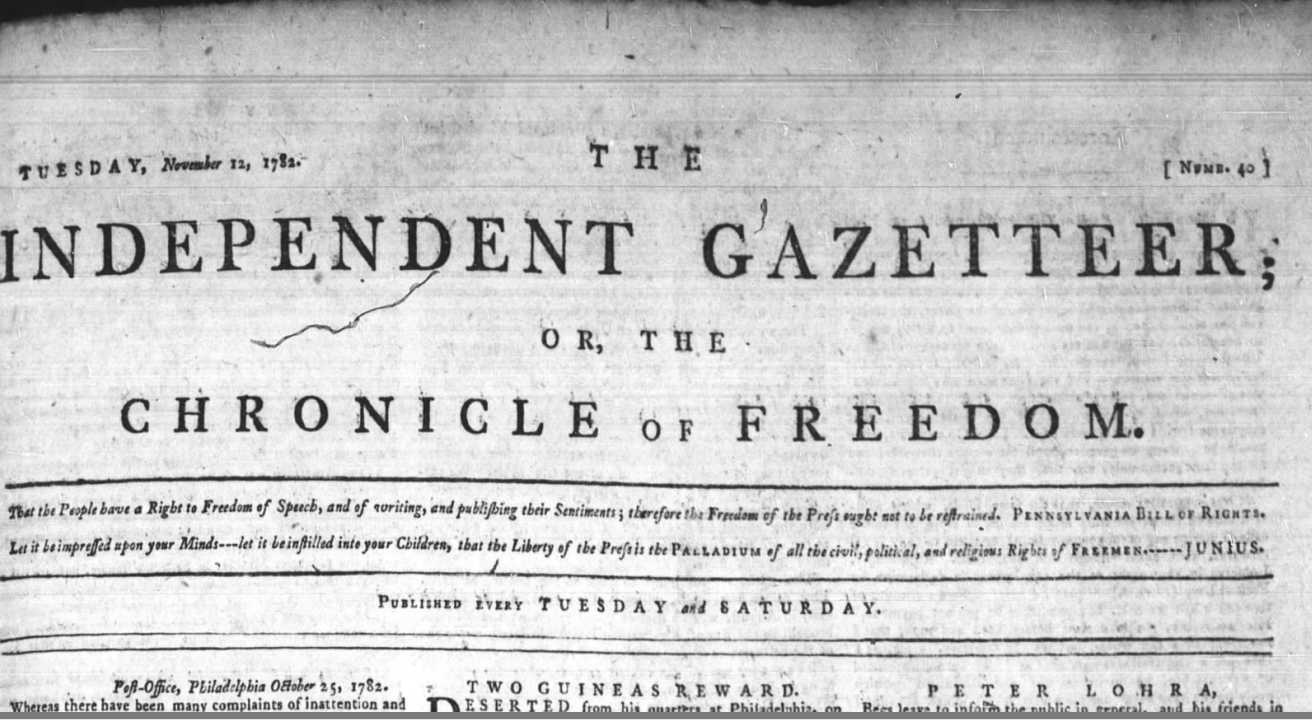Federal Farmer Number 16, 1788
An anonymous writer from the 18th century makes the case for a federal law protecting the press from official censorship–"Newspapers may sometimes be the vehicles of abuse, and of many things not true; but these are but small inconveniences, in my mind, among many advantages.”
Brandeis Concurring With Holmes in Whitney v. California, 1927
Justice Louis Brandeis concurrence articulated the American idea of freedom of speech many decades before the Supreme Court began expanding the rights of expression under the First Amendment. Some of his ideas have become critical justifications for safeguarding freedom of speech even under the most challenging conditions.
Holmes Dissenting in Abrams v. United States, 1919
Justice Oliver Wendell Holmes built his support for freedom speech atop the sturdy foundation of the marketplace of ideas, supported long before by John Milton (Areopagitica) and John Stuart Mill (On Liberty). Holmes argued that “the theory of our Constitution” is that “the ultimate good desired is better reached by free trade in ideas.”
James Madison’s Report to the Virginia House of Delegates, 1800
James Madison, author of the First Amendment, wrote what is surely the most powerful defense of freedom of the press in America. He did it in protest against the Sedition Act of 1798, enacted just seven years after ratification of the First Amendment.
Lata Nott Podcast: Free Speech and the Internet
The Newseum Institute’s First Amendment expert, Lata Nott, originally published this podcast on the Newseum blog, and has given First Amendment Watch permission to reprint. In this episode of The First […]
Authors Share Excerpts on Free Speech: Amy Gajda and The First Amendment Bubble
The First Amendment Bubble , "In determining the news that’s fit to print, U.S. courts have traditionally declined to second-guess professional journalists. But in an age when news, entertainment, and new media outlets are constantly pushing the envelope of acceptable content, the consensus over press freedoms is eroding." - Harvard University Press
Journalist Arrests Threaten Freedom of Press
Thomas Hughes and Jodie Ginsburg write that “Journalists are facing an unprecedented and unrelenting crackdown on their work that appears to come more from the playbook of dictatorial demagogues than […]
Junius Wilkes on Protections Even for “False and Groundless” Reports
A writer who took the name Junius Wilkes made a critical contribution to the discussion of press freedom in 1782. He argued that the press should be protected for criticisms of government officials “when they even appear false and groundless.”
